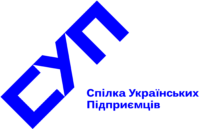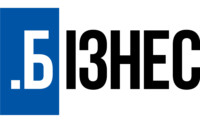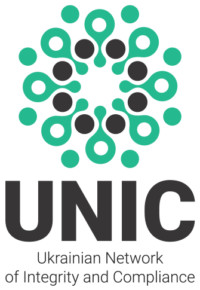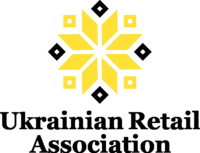The Sixth Conductors of Changes Forum
by Deloitte
by Deloitte
Participation in the main event program
Participation in workshops
Informal communication and exquisite cuisine
First row seat
Express event registration
Parking space
Participation in the main event program
Participation in workshops
Informal communication and exquisite cuisine
Express event registration
Parking space
First row seat
Unique service of networking meetings
Participation in workshops
Informal communication and exquisite cuisine
First row seat
Express event registration
Parking space
Forum partners contribute to the development of a professional leadership community sharing a common goal of transforming business and the state. Please fill out the partnership application form and we will contact you to discuss the most favorable terms of cooperation.
We will be happy to collaborate with the representatives of mass media, Internet resources, and other media. Accreditation is open until 21 October. To obtain accreditation, please complete the application form and we will contact you to confirm your accreditation.

Why are some countries more successful than the others? How do economic growth and mutual trust correlate? What similarities exist between business capitalization and reputation capital?
In the 21st century, developed market institutions are no longer enough to achieve success. Trust is a key pillar of economic, political, and social processes.
With new significant challenges facing Ukraine and mistrust of public institutions, we utterly need to analyze past mistakes, to understand why trust has been lost, and to bring this aspect back as part of the planning of our future.
During the panel discussion, we will:
• Try to answer why Ukraine is experiencing a crisis of trust
• Analyze what has been done in this area over the past 5 years
• Try modelling the actions to be taken by the state, business, and society over the next 5 years to create a healthy balance of trust in our society
Recently there has been a lot of talk about the new social contract. In many people's imagination, it is some kind of a legal document that should be signed between ... whom?
Probably between the state, business, and society. Certainly, it is rather a philosophical notion than just a paper document. The old system of social relations has evidently outlived itself.
• What needs to be changed in the state-business-society triangle?
• How could these three parties agree on the new rules of the game?
• How to build trust that makes promises trustworthy?
• How to break the historically established pattern to shift into a new paradigm leading to prosperity?
Amid active digitalization of everyday life, the issue of human-technology interaction becomes more prevalent. Self-driving cars, robot judges, quick deals through electronic payment systems, the state in a smartphone – ongoing technological changes are transforming the structure of our interactions and changing the role of humans in business, the state, and everyday life.
Last year, the MHP’s case about the introduction of the employees’ emotional state monitoring technology stirred a great interest among the Forum participants. We decided to take a closer look at this case and similar innovative projects.
How does Ukrainian business implement technologies? How do the companies transform workflow? Will machines completely replace humans in the future? Is there an ideal formula for human-technology interaction?
We are increasingly talking about the loss of trust between people, with a projection on trust and its role in business relationships. What is it for companies? Mainstream? Hype? Imperative?
By case studying various companies with different organizational structures, hierarchies, business models and maturity, we will try to grasp the role of trust in business management. To discuss these issue, we have invited the founders and top managers of four companies – the largest holding company in Ukraine, a fast growing IT company, a family business, and a social entrepreneur – to answer these questions:
• How do these leaders manage to build trust in their businesses although the latter operate in a society with a critical need for trust?
• Is trust a powerful driver in business management or just a declared value?
• How does trust affect business processes inside and outside the company?
• Should companies with different organizational structures take different approaches to building trust?
Successful navigation through disruptive changes requires a clear mastery of managing subtle matters of corporate culture and trust. United by a common goal, sharing the same values, bursting with energy, a team can achieve incredible results. What practical steps should be taken to build this dream team?
Together with the best business transformation CEOs of Ukraine, during our panel discussion, we will look into:
• How to team up a mixed bunch of employees with different values
• How to set up communication and ensure openness and transparency within the team
• How to move from the management through fear and intimidation to management through inspiration
• How to create meaning and purpose for the team; whether it is really as important as it is declared to be





















